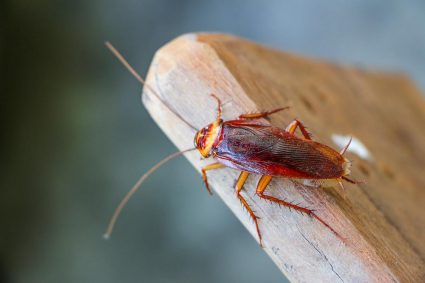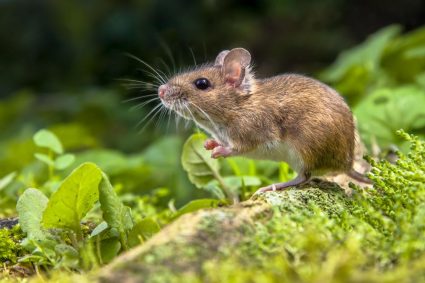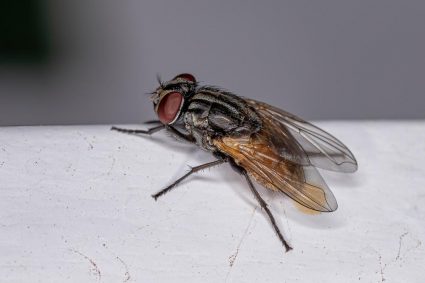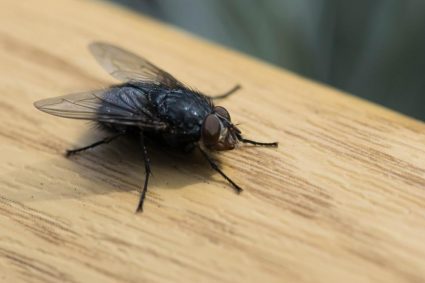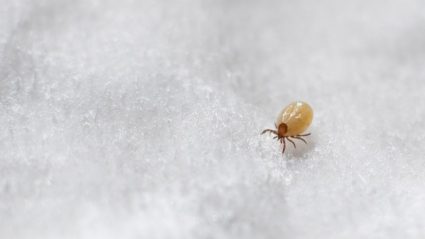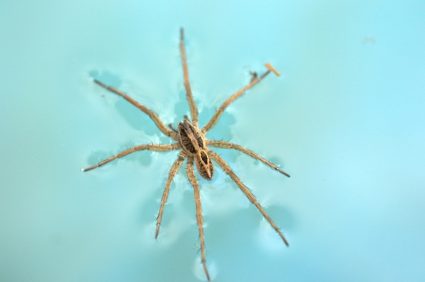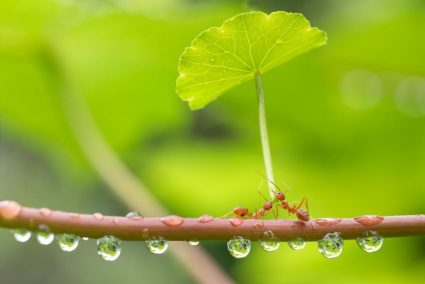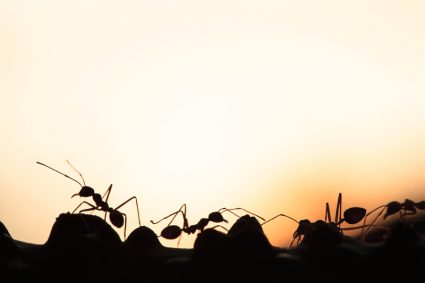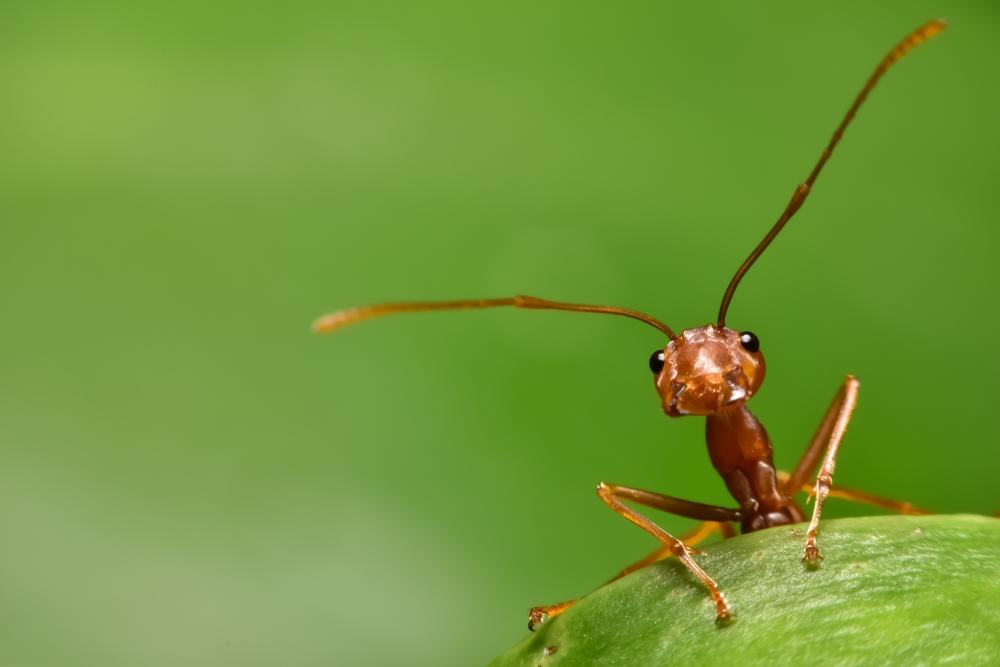
Insecticidal soap is a popular and eco-friendly method for controlling many types of garden pests. But does it kill grasshoppers? The short answer is yes – it can. However, it’s not as simple as it might seem. In this comprehensive guide, we’ll delve into the details of how insecticidal soap works, its effectiveness on grasshoppers, and alternative methods for controlling these pests.
Yes, insecticidal soap can kill grasshoppers, particularly when they are in their nymph stage. However, its effectiveness may vary depending on the size, species, and life stage of the grasshopper, as well as the thoroughness of the soap application. It’s also important to note that insecticidal soap has no residual effect once it dries and must come into direct contact with the pest to be effective.
What is Insecticidal Soap and How Does It Work?
Insecticidal soap, primarily composed of potassium salts of fatty acids, works by disrupting the cell membranes of pests. This action results in the leakage of cell contents, leading to dehydration and death of the insect. However, the effectiveness of this process depends on several factors, including the size, species, and life stage of the insect.
Insecticidal soap is most effective on small soft-bodied insects like aphids, mealybugs, spider mites, whiteflies, and others. Grasshoppers, on the other hand, have a harder exoskeleton, which may make them less susceptible to insecticidal soap. However, some sources suggest that insecticidal soap can still be effective on grasshoppers, particularly when they are in their nymph stage.
Does Size or Species of the Grasshopper Affect the Effectiveness of the Insecticidal Soap?
The effectiveness of insecticidal soap on grasshoppers may vary depending on the size, species, and life stage of the grasshopper, as well as the thoroughness of the soap application. Grasshoppers in their nymph stage may be more susceptible to insecticidal soap due to their softer exoskeleton.
Research on the Effectiveness of Insecticidal Soap on Grasshoppers
There is limited research specifically on the effectiveness of insecticidal soap on grasshoppers. However, it is generally accepted that insecticidal soaps are most effective against soft-bodied pests. Grasshoppers, being larger and having a harder exoskeleton, may be less susceptible.
Environmental Impact of Using Insecticidal Soap
Insecticidal soaps are biodegradable and do not persist in the environment, making them an eco-friendly option. They have a low toxicity to mammals and minimal adverse effects on beneficial insects. However, they can cause plant injury if used improperly, such as in high temperatures or when applied to sensitive plants.
Alternatives to Insecticidal Soap for Grasshopper Control
Several methods can be used to control grasshopper populations, including natural deterrents like neem oil and garlic spray, horticultural oils, encouraging natural predators, and using traps. The effectiveness of these methods may vary depending on the specific grasshopper species, the size of the infestation, and the environmental conditions.
Precautions When Using Insecticidal Soap
Insecticidal soap must come into direct contact with the pest to be effective, and it has no residual effect once it dries. Therefore, it’s crucial to ensure thorough coverage during application. It’s also recommended to test its effectiveness and potential plant damage on a small area before applying it extensively.
Conclusion
In conclusion, while insecticidal soap can kill grasshoppers, its effectiveness may vary based on several factors. It’s important to consider these factors and possibly integrate other control methods for the best results. Always remember to use such products responsibly to minimize potential harm to non-target species and the environment.
This comprehensive guide has provided an in-depth look into the use of insecticidal soap for grasshopper control. Now that you’re armed with this knowledge, you can make an informed decision on the best pest control method for your garden.
Frequently Asked Questions
What is the nymph stage of a grasshopper?
The nymph stage refers to the stage in a grasshopper’s life cycle immediately after it hatches from the egg. Nymphs look similar to adult grasshoppers but are smaller and lack wings. They undergo several molts before reaching adulthood.
How should I apply insecticidal soap for it to be effective?
For insecticidal soap to be effective, it must come into direct contact with the pest. Therefore, ensure a thorough application, covering all plant surfaces where pests could be present. It’s also important to note that insecticidal soaps have no residual effect once dry, so reapplication may be necessary.
Can I make my own insecticidal soap at home?
Yes, you can make a simple insecticidal soap at home using a mild liquid soap (like pure castile soap) and water. The typical ratio is about 2.5 tablespoons of soap per gallon of water. However, homemade solutions may not be as effective as commercial ones, and they may be more likely to cause plant damage if not properly diluted.
What are some natural predators of grasshoppers that I could encourage in my garden?
Birds, frogs, snakes, and certain types of beetles are known predators of grasshoppers. You can encourage these creatures in your garden by creating a welcoming habitat for them. For instance, bird feeders can attract birds, while a small pond or water feature can attract frogs.
Are there any plants that deter grasshoppers?
Certain plants like cilantro, calendula, and sweet clover are said to deter grasshoppers. Growing these plants around your garden may help keep grasshoppers at bay. However, the effectiveness of these deterrents can vary and may not be enough for severe infestations.

